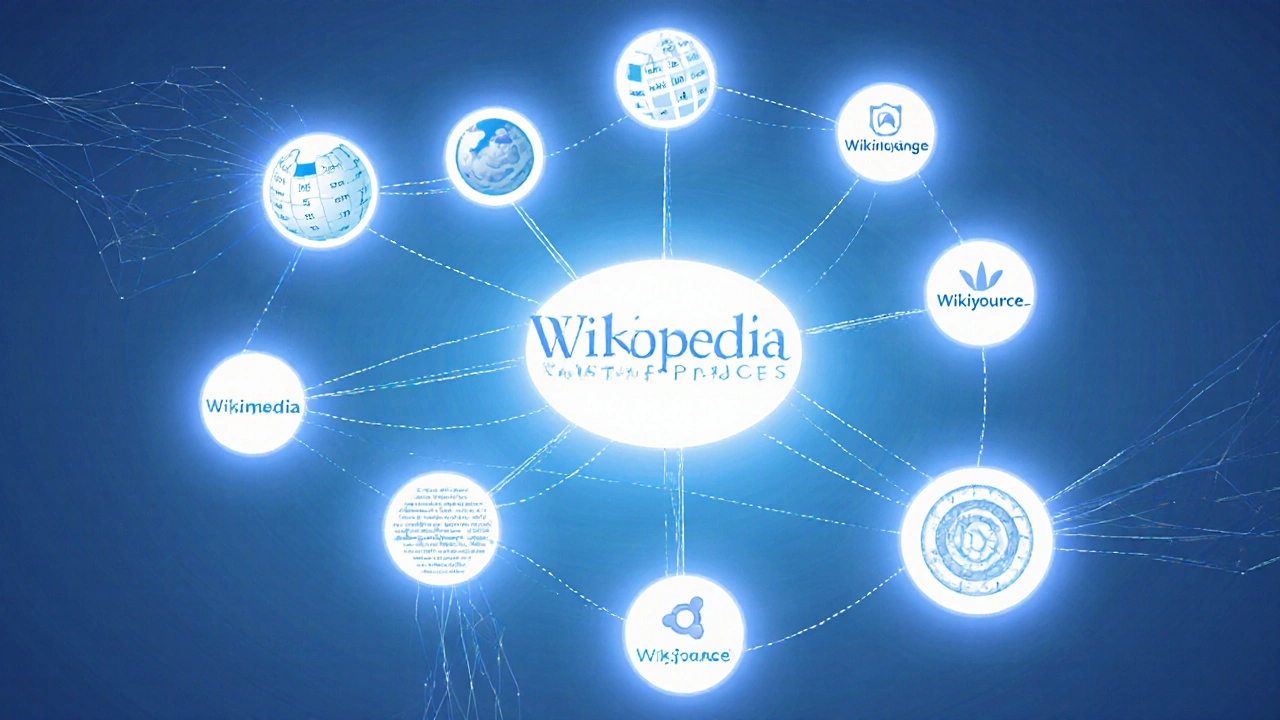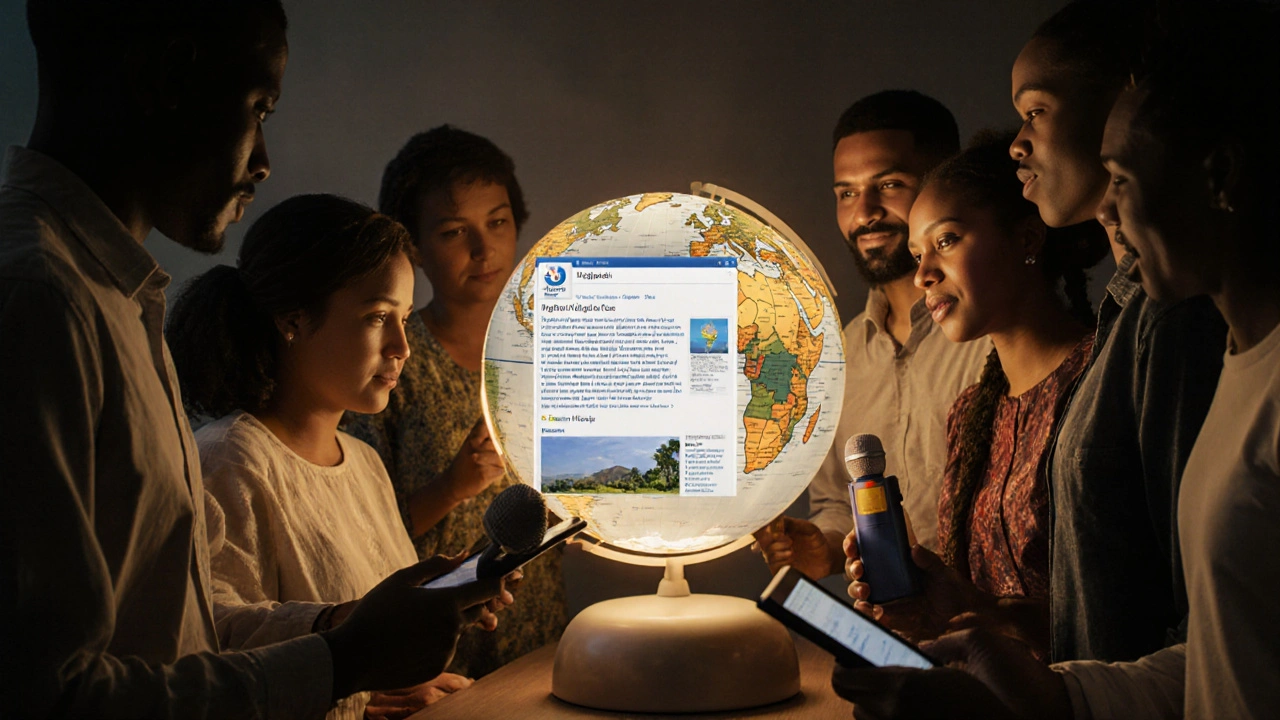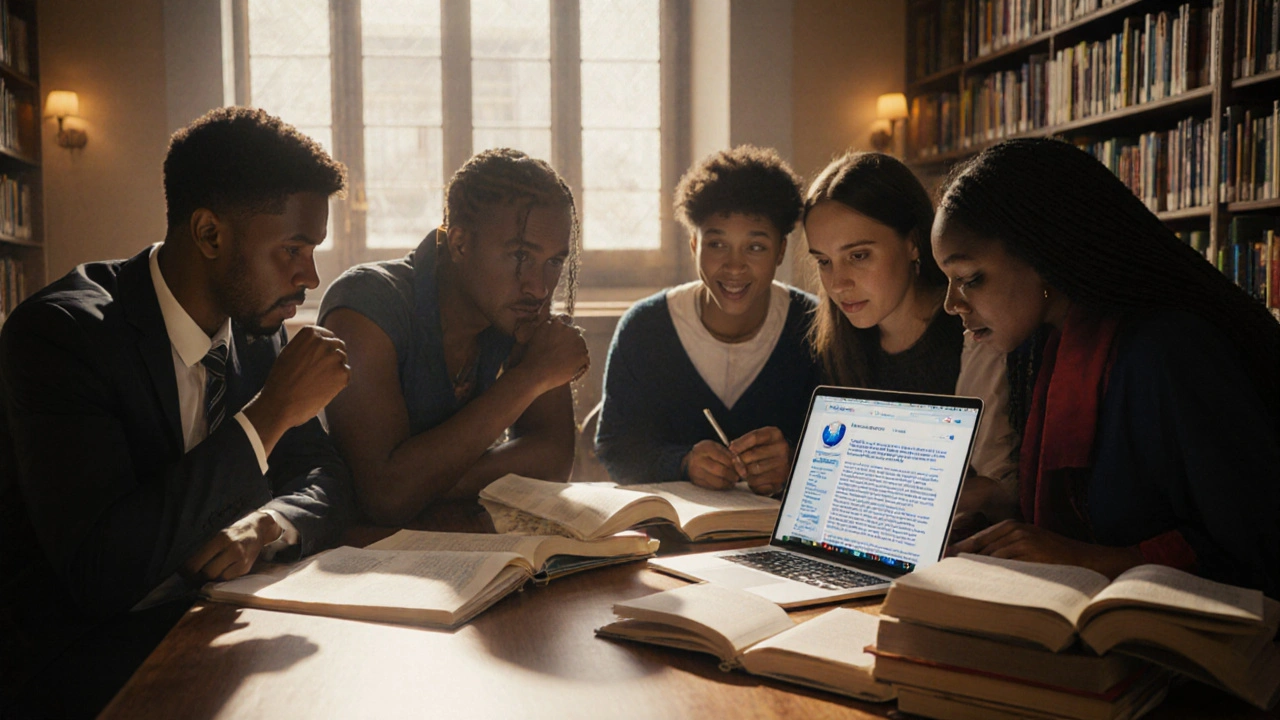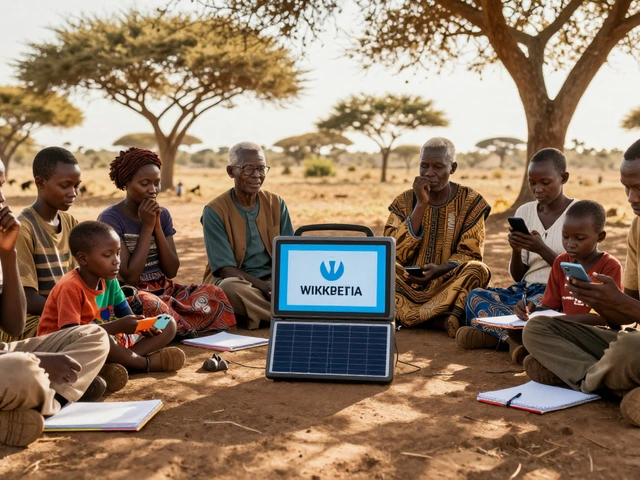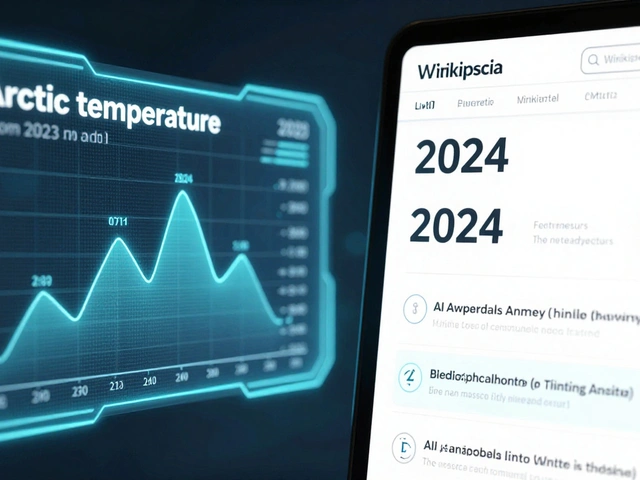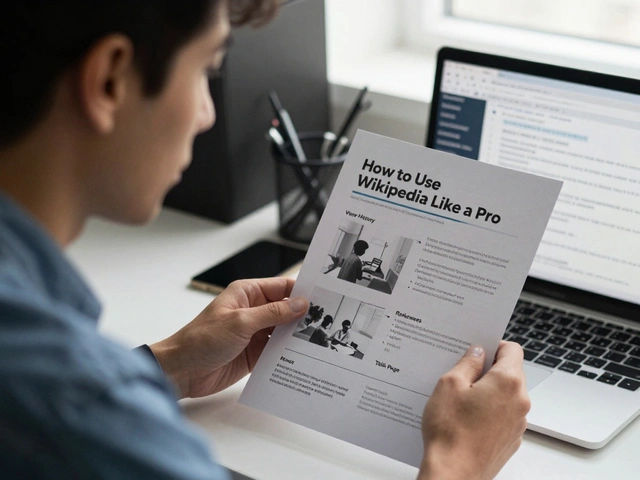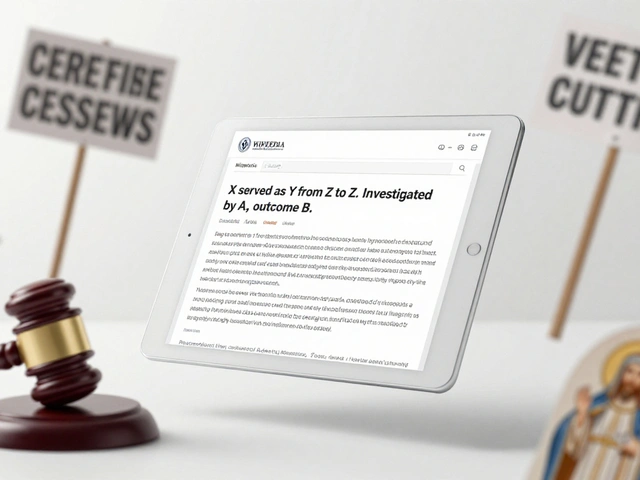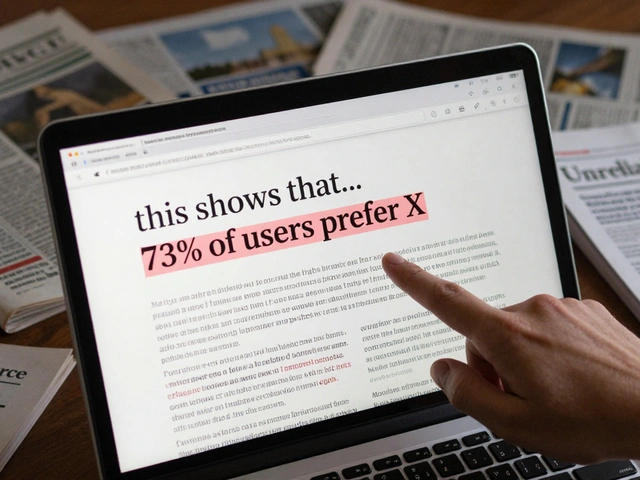Wikipedia News Archive October 2025: Sister Projects, Editor Diversity, and Wikinews Legal Risks
When you think of Wikipedia, the free, crowdsourced encyclopedia that billions use daily. Also known as the online encyclopedia, it's more than just articles—it's a living system powered by volunteers, tools, and policies that keep knowledge accurate and accessible. But Wikipedia doesn’t exist in a vacuum. It’s part of a larger network called the Wikimedia Sister Projects, a family of 11 open knowledge platforms including Wiktionary, Wikivoyage, and Wikinews. These projects share the same mission: to collect and distribute free knowledge globally. In October 2025, the Sister Projects Task Force launched a major review to see which of these platforms are thriving, which are fading, and how to support them better. This isn’t just internal housekeeping—it’s about survival. If Wiktionary or Wikisource stop updating, millions lose access to definitions, historical texts, and multilingual resources.
Behind every article is a person. And in October, the focus turned sharply to who those people are. Wikipedia editors, the volunteers who write, edit, and defend content. Also known as Wikipedians, they’re still mostly male, mostly Western, and often overwhelmed by conflict. Programs targeting women and non-binary editors showed real progress—not through slogans, but by building safe spaces, mentorship networks, and editing parties that actually stick. Meanwhile, new contributors got a reality check: how to join discussions without getting shouted down. The rules aren’t complicated—cite sources, stay civil, don’t push your agenda—but the culture can be brutal if you don’t know the unspoken norms.
And then there’s Wikinews, the open-source news platform where volunteers report facts without paywalls or corporate filters. Also known as citizen journalism on Wikipedia’s terms, it’s powerful—but risky. One wrong word about a public figure, and you could face a lawsuit in another country. October’s coverage broke down libel, privacy laws, and jurisdiction traps that even seasoned reporters miss. Meanwhile, Wikidata—the silent backbone of Wikipedia—got attention for how it stores citation data so sources update automatically across thousands of articles. No more broken links. No more manual fixes. Just cleaner, smarter references.
Journalists started using Wikipedia talk pages like detective files, tracking edit wars before they became headlines. Researchers dug into whether Wikipedia is as reliable as printed encyclopedias—and found it often is, but with deep gaps in global representation. And the big question lingered: how do you make knowledge truly inclusive when half the world still can’t access it easily?
This archive isn’t just a list of past articles. It’s a snapshot of a movement trying to fix its blind spots, protect its volunteers, and scale its mission without losing its soul. Whether you’re a new editor, a journalist, a researcher, or just someone who uses Wikipedia every day, what happened in October 2025 matters. Below, you’ll find the full stories—the wins, the warnings, and the quiet changes that are reshaping how the world knows what it knows.
The Sister Projects Task Force: Reviewing Wikimedia Projects
The Sister Projects Task Force is reviewing Wikimedia's 11 open knowledge projects beyond Wikipedia - from Wiktionary to Wikivoyage - to ensure they remain viable, updated, and accessible to global users.
Future Directions in Wikipedia Research: Open Questions and Opportunities
Wikipedia research is shifting from traffic metrics to equity. Learn the open questions about bias, AI, offline access, and how to make global knowledge truly inclusive.
Academic Research About Wikipedia: A Survey of Major Studies
Academic research on Wikipedia reveals surprising truths about its reliability, editor demographics, and role in education. Studies show it's often as accurate as traditional encyclopedias, but faces bias and sustainability challenges.
